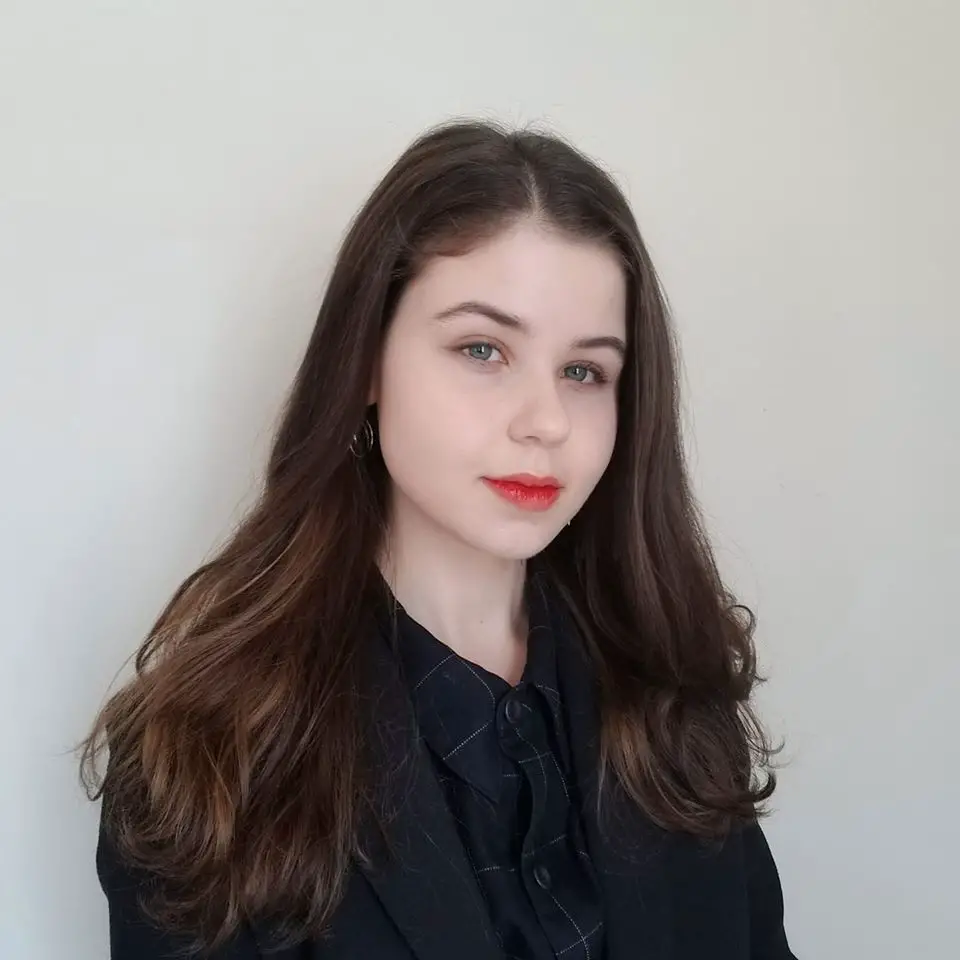In the past decade, a trend in music has emerged: Independent musicians are making a form of pop music that seamlessly blends acoustic and electronic components. EDEN and Jeremy Zucker rose to fame through this style of music, and Yoste may have something else to add to the blend with his new album, “A Few Brief Moments.” Yoste, which according to his SoundCloud description, “rhymes with lost,” is the moniker of Kurt Sines.
He indicates on his official website that he “write[s] a lot about apathy,” and his music gives voice to a cultural undercurrent — a moment in the space of history that warrants its own sound. This sound is a combination of ambient and pop influences, which Sines refers to as “concise, deep pop music.”
His most popular song, the ethereal “Chihiro” has accumulated over 2.3 million views on the electronic music YouTube channel MrSuicideSheep. His initial success might be an indicator that there’s something here; maybe the incorporation of ambient sounds in pop music is the next big trend for a generation struggling under the weight of anxiety.
What originally drew me to Yoste’s music is that it lacked heaviness and the undercurrent of existential teenage dread that comes through so much of EDEN‘s and Jeremy Zucker’s respective sounds. Instead of a reliance on heavy electronic instrumentation, there’s a lightness to Yoste’s 2019 album, “try to be okay.”
His music emerges where soft vocals and ambient electronic meet. The ambient influence adds a sweetness, an airiness to the sound that is rare in pop music. Slurred, often unintelligible lyrics, soft crooning and synthesized melody blend together seamlessly, creating expansive, hymn-like soundscapes that inspire a sense of awe. This effect is particularly apparent in “Moon.” It is easy to think of ambient music as dream-like, expanding outward instead of converging inward. But in Yoste’s work there are moments of depth — the “big” moments that add contrast, and thus, a dimension of feeling to the music.
When I saw that Yoste had released a new album, “A Few Brief Moments,” I expected something even more visionary, experimental and soulful than his last album, but the expectation eventually withered. Upon a second and even third listening, it felt somehow empty, uninspired — like I was searching for some dimension and direction that just wasn’t there this time.
The first observation that struck me upon listening to “You Can’t Fix Me” is that the drums are so reminiscent of Justin Bieber’s “Sorry.” There must be something going wrong when an artist reminds me of EDEN one moment and Justen Bieber the next. It was this observation that brought up the questions that I’m sure have been asked time and time again: Is it a prerequisite in the genre of pop that all songs sound eerily similar? Even when blending genres, is it impossible to escape the cultural imprint of Justin Bieber and the like?
Sines says that he writes about apathy, and this comes through in “A Few Brief Moments,” but perhaps not in the way that he intended. Ambient music, to me, is about expansion, growth and contrast. The big moments slip into existence without disrupting the underlying stillness.
To successfully combine the genres, there must be the emergence of expansion. Apathy and stagnation may be great themes for lyrics, but pop music and ambient music have one thing in common: feeling often outweighs message. In fact, in most music, feeling is the true message.
That’s why it’s a shame to say that apathy is the feeling of this album. It didn’t ring in my ears with much aliveness or much growth. There is no continuity, no alternating expansion and contraction. Vocal lines fall flat or dissipate, and the majority of the melodies and lyrics seemed to be transplanted from a conglomeration of everything that has been heard and said many times before in pop music.
But despite the overall feeling of the album, there are a few glimpses of the airiness that carried “try to be okay” — the most prominent of which is the final song, “How It Was.” The vocals are distinct and clean here, less obscured than in songs like “Empty” and “Howl.” With a bit more imagination in the melody, and maybe even more electronic influence, this song might represent a reasonable balance between pop and ambient. In this sense, a more accurate title for the album might be “A Few Brief Moments of Good Music.”
If nothing else, “A Few Brief Moments” could serve as a reminder that the only way to create music that serves the listener is to inspire expansion, and create a space in which something more than apathy can enter. We all need some airy aliveness once in a while.
Perhaps the real reason why I’m not a fan of “A Few Brief Moments” is that it seemed to have largely abandoned the electronic influence that made “try to be okay” a standout experience. Maybe I liked Sine’s previous work because it didn’t really feel much like pop music at all, just some melodic ambient music with well-placed vocals. In fact, calling “try to be okay” pop would be a real stretch. It really is just ambient music with imaginative melody and vocals.
In this light, it seems unreasonable to expect someone who brands himself as a pop artist to stick to downtempo electronic music. If breathing life into pop is Sine’s main goal, then maybe “A Few Brief Moments” is a necessary step in that evolution.
Despite the lack of direction in his latest release, I’ll be waiting to see if Yoste can strike a balance, breathe life into pop through ambience and bring back the best of the “feeling” aspect of his music. In the meantime, I’ll be listening to “try to be okay” and secretly hoping that, in Yoste’s next venture, something equally ambient and imaginative comes my way.
















